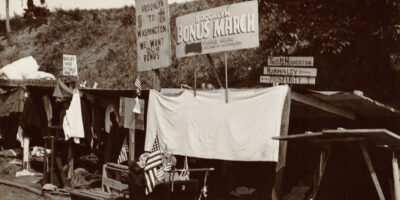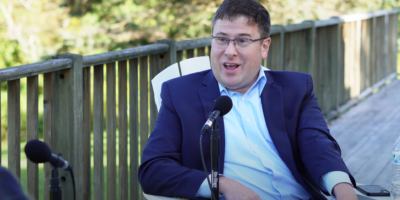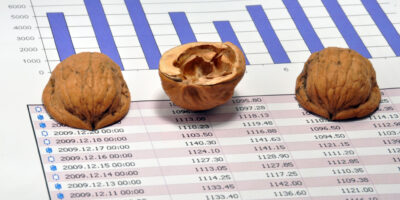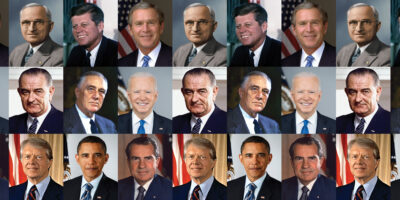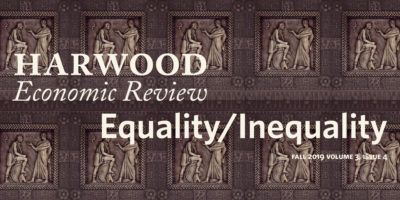Phillip W. Magness
Articles by Phillip W. Magness
Harwood Economic Reviews featuring Phillip W. Magness
Research Publications by Phillip W. Magness
Title: Benjamin Butler’s Colonization Testimony Reevaluated
Authors: PW Magness
Publication: journal of the Abraham Lincoln Association 29 (1), 1-28, 2008
Authors: PWM A. Lee Fritschler, Paul Weissburg
Publication: Essays on Supportive Peer Review, 242-257, 2008
Title: Growing government Demands for Accountability vs. Independence in the University
Authors: PWM A. Lee Fritschler, Paul Weissburg
Publication: Liberal Education 94 (4), 2008
Title: Tariffs and the American Civil War
Authors: PW Magness, WW Freehling, PW Magness
Publication: Historical Review 49 (4), 609-29, 1944



